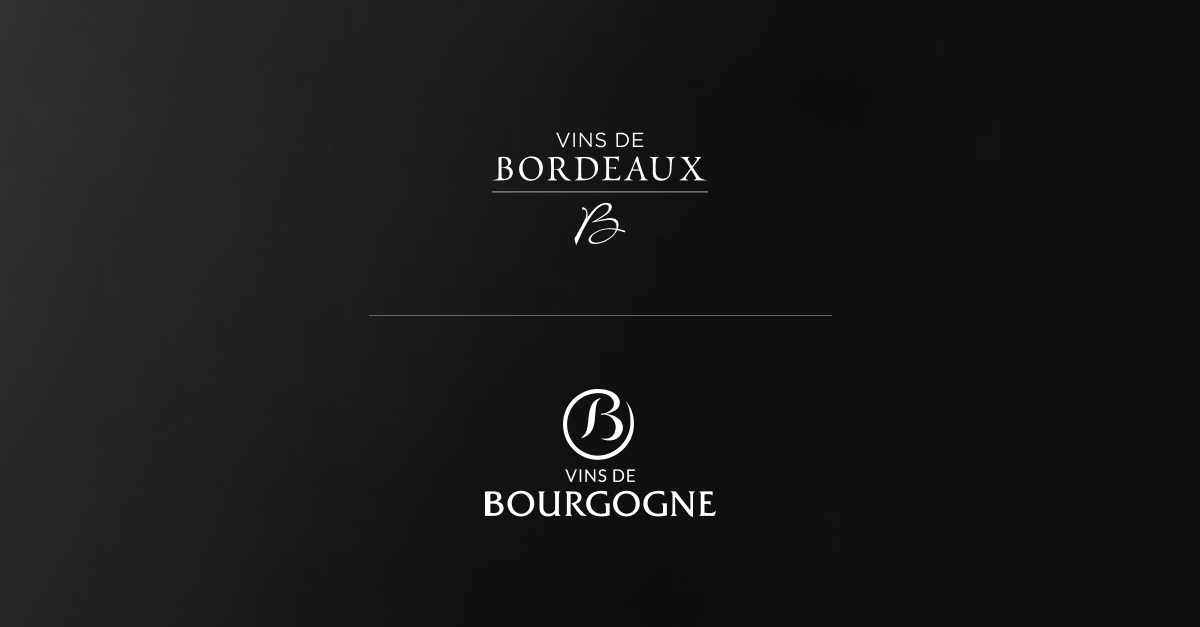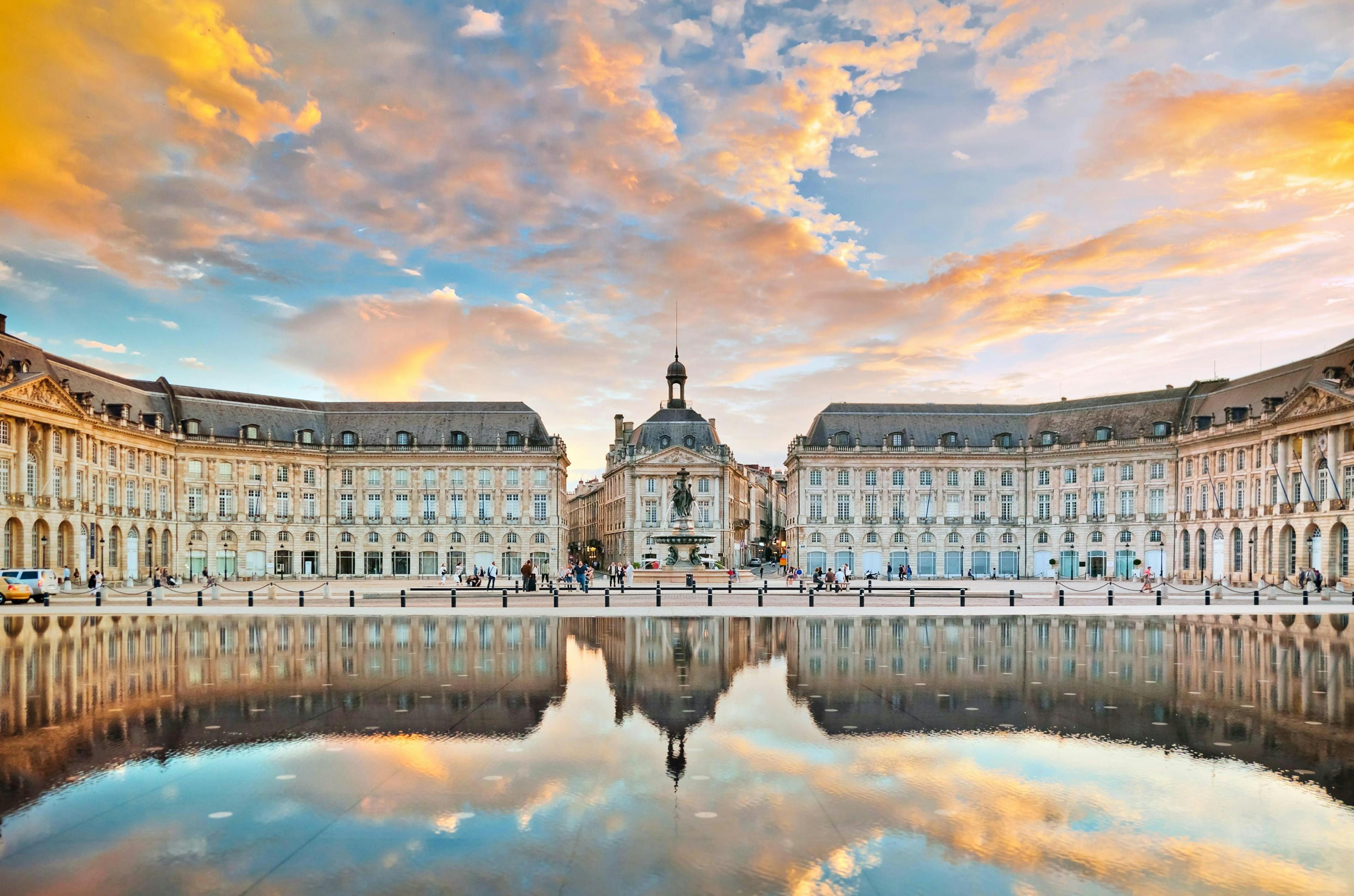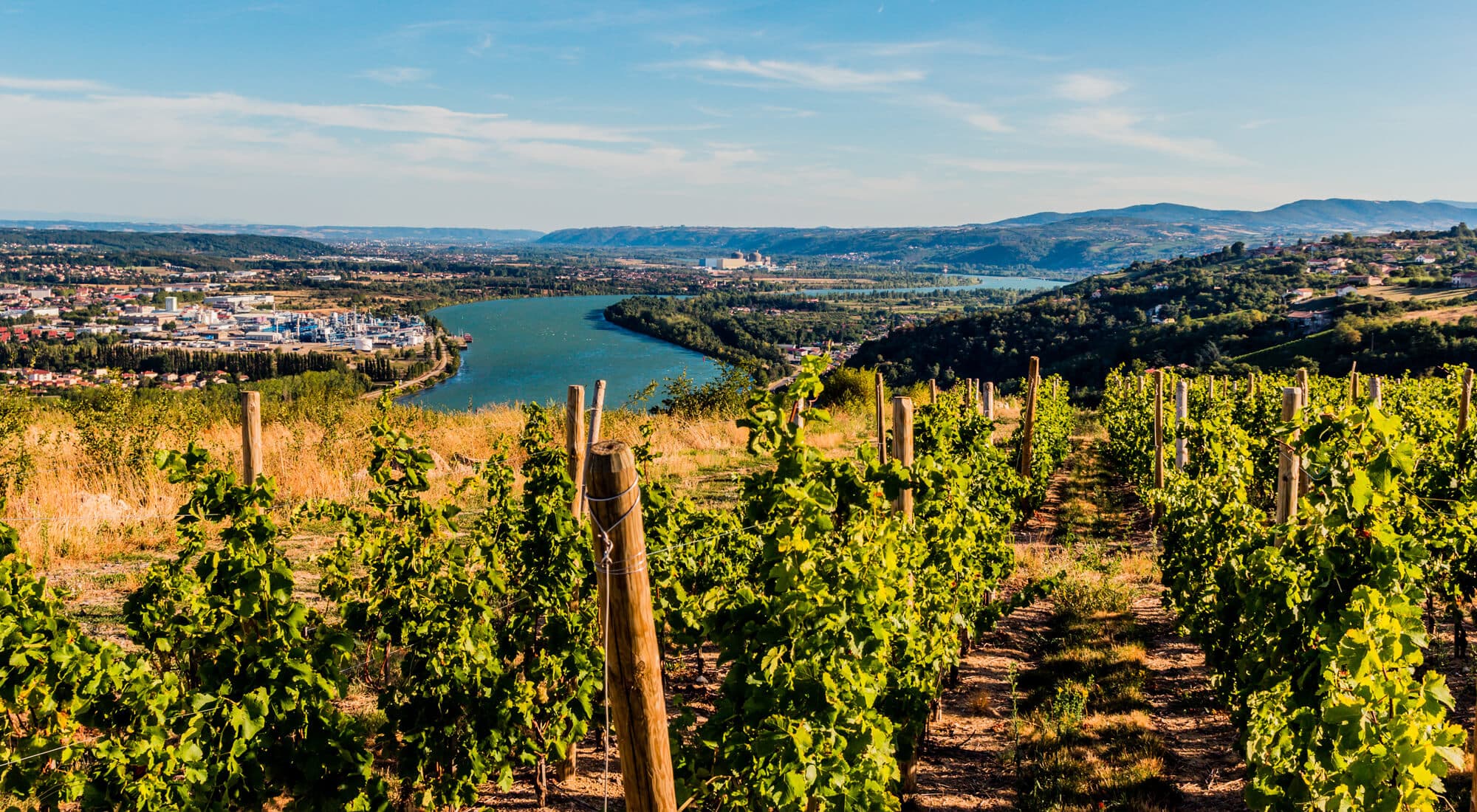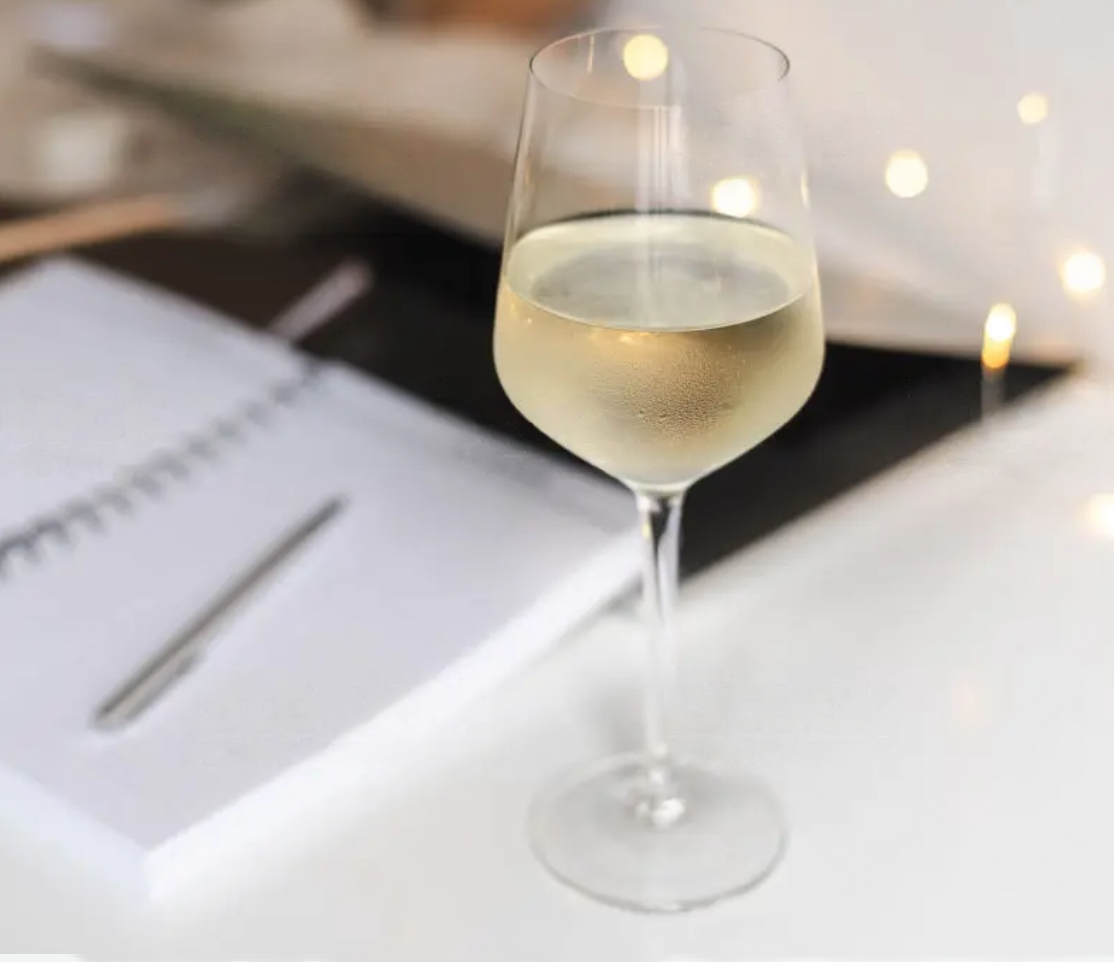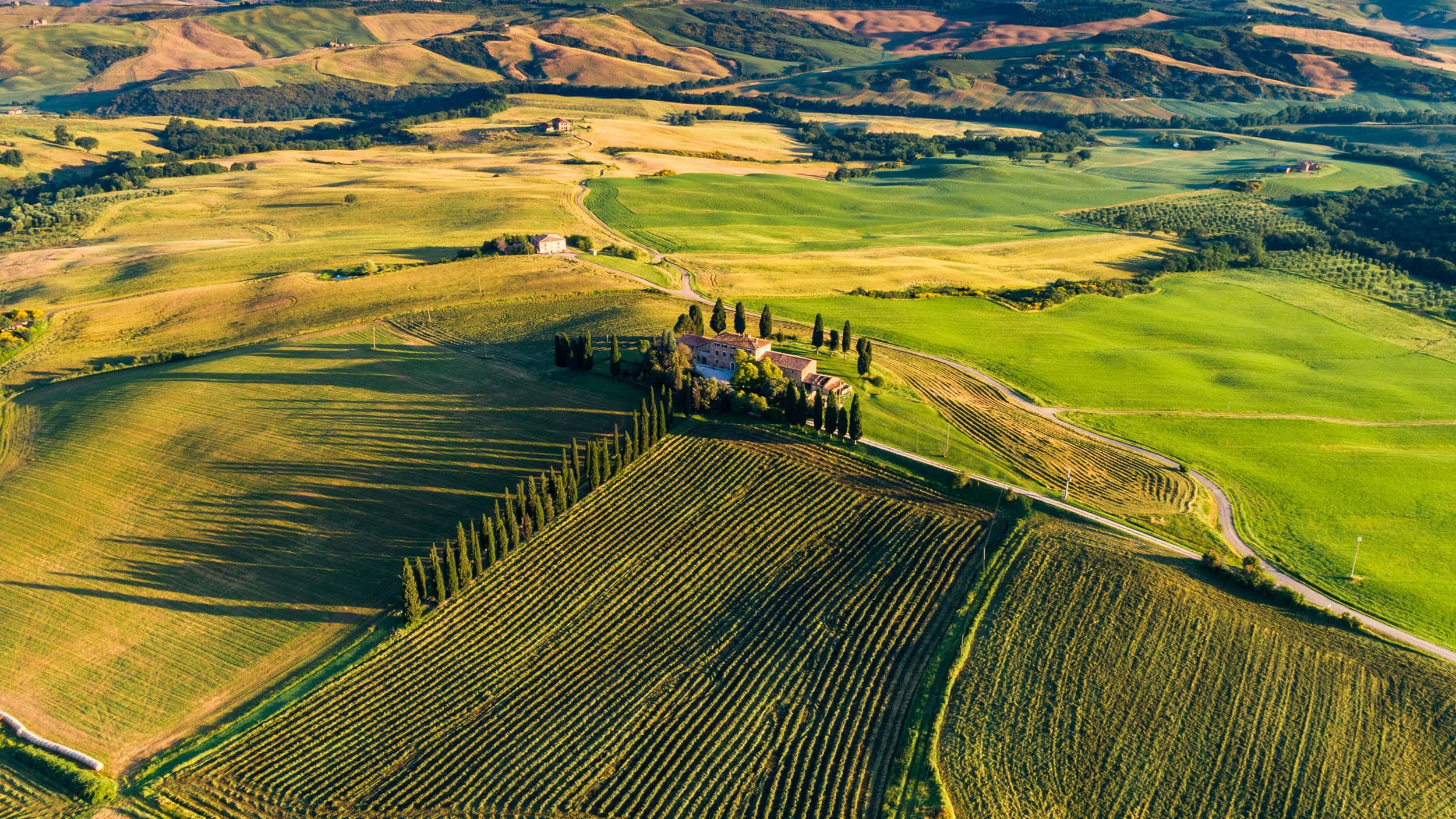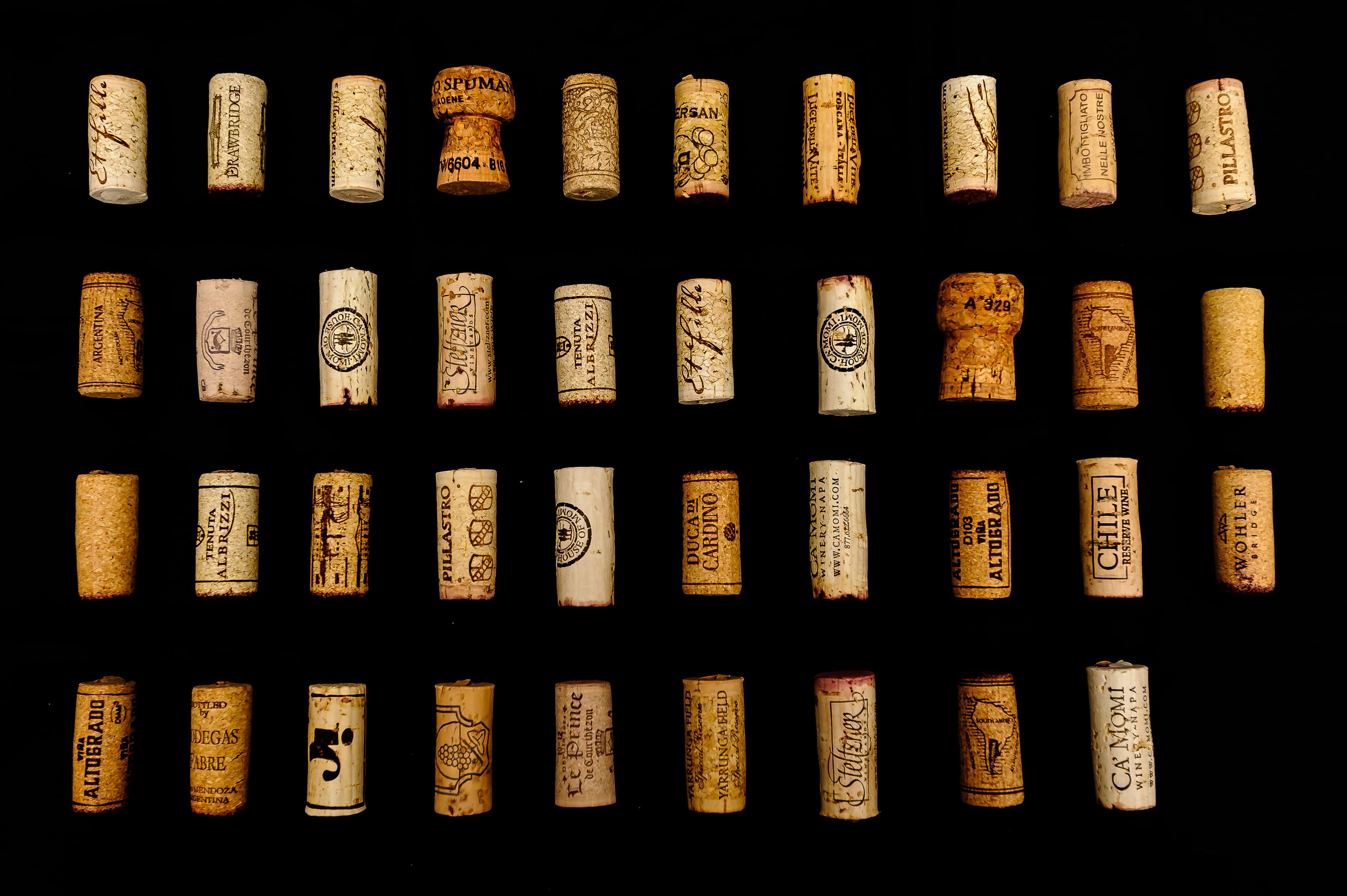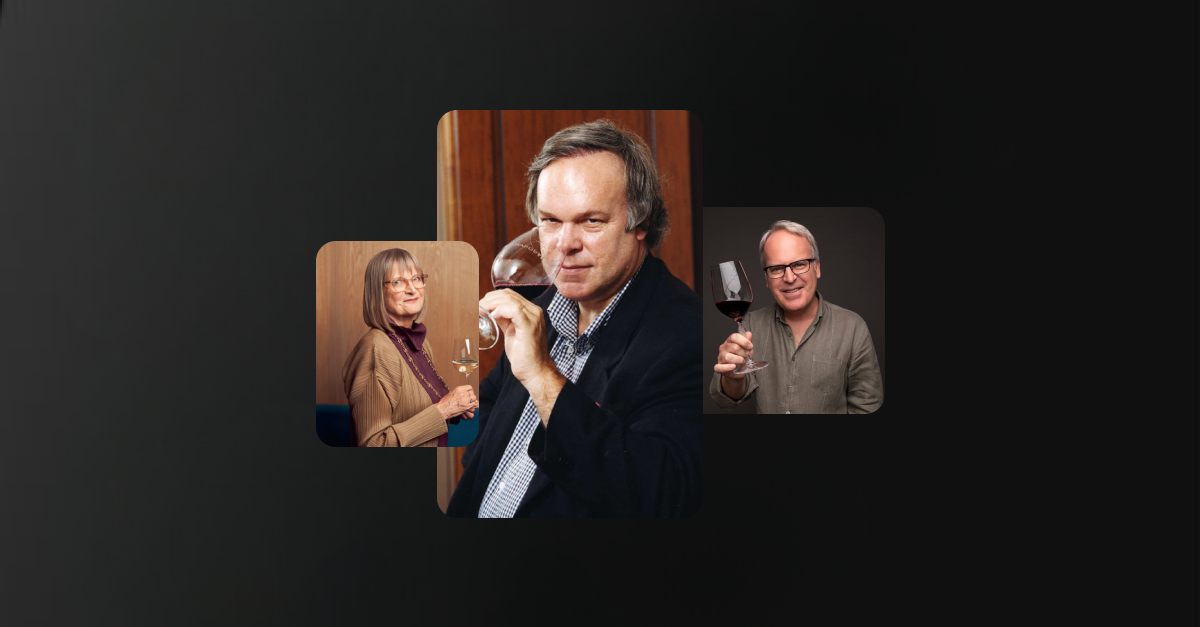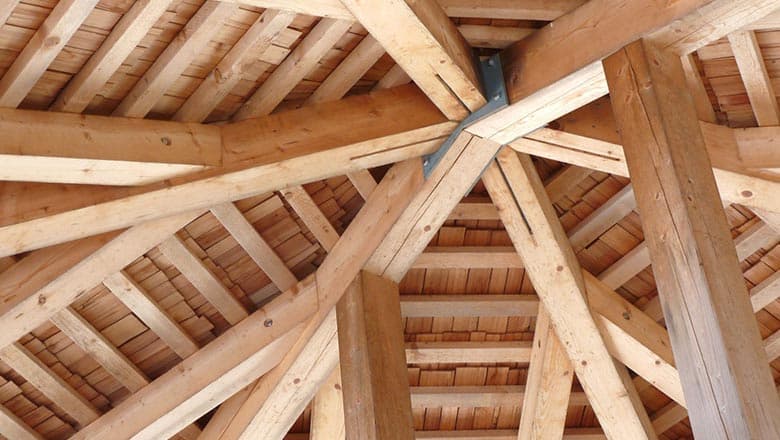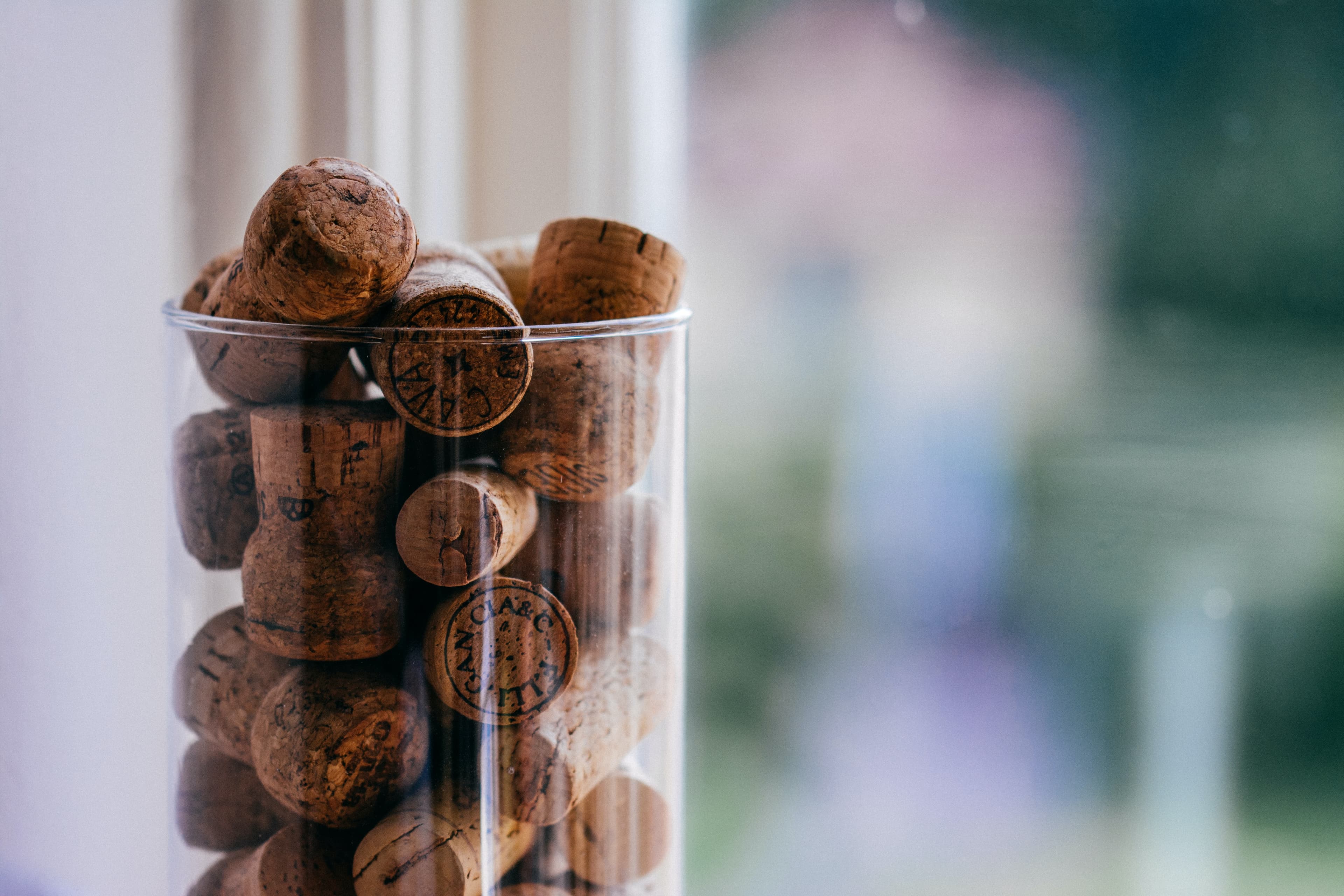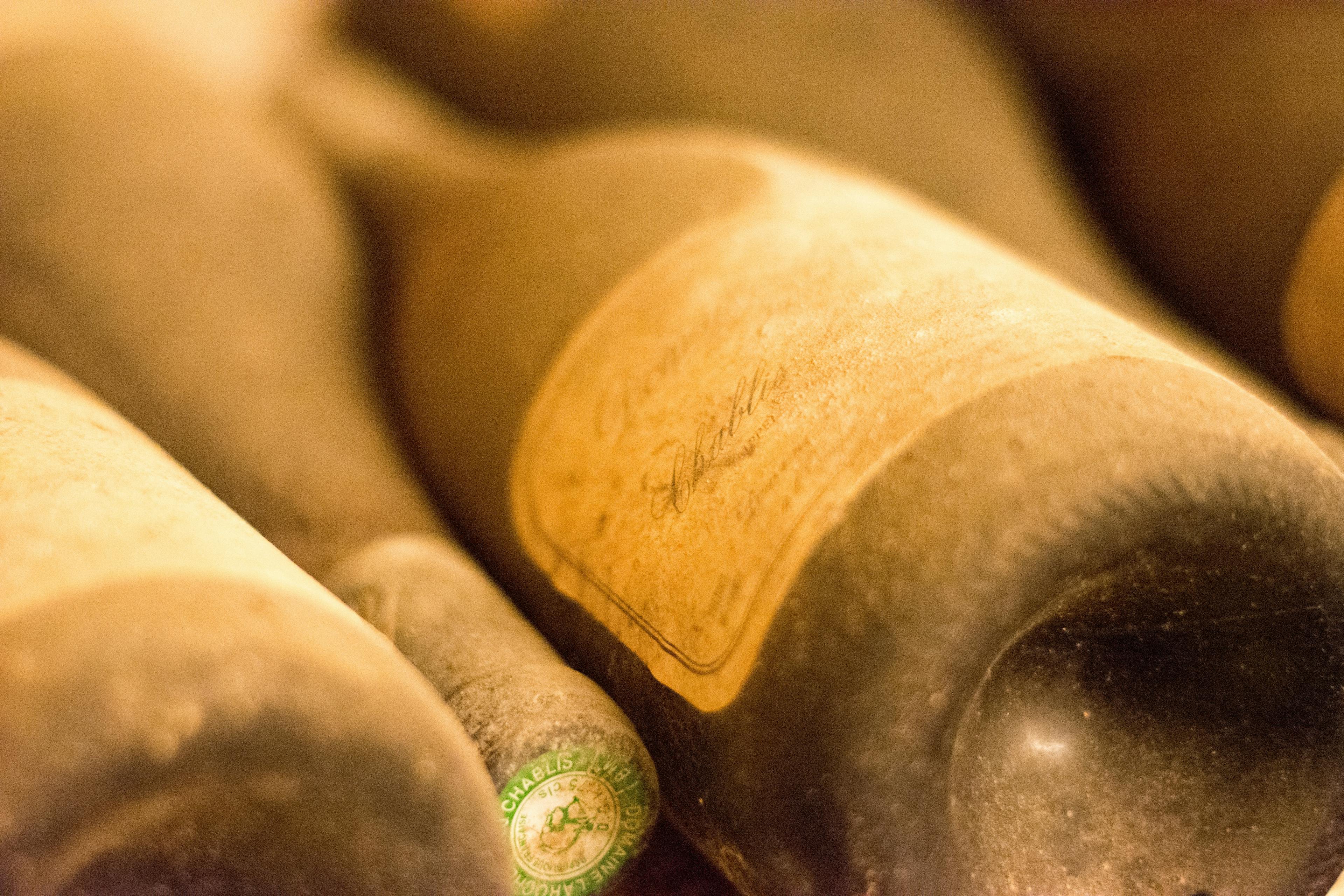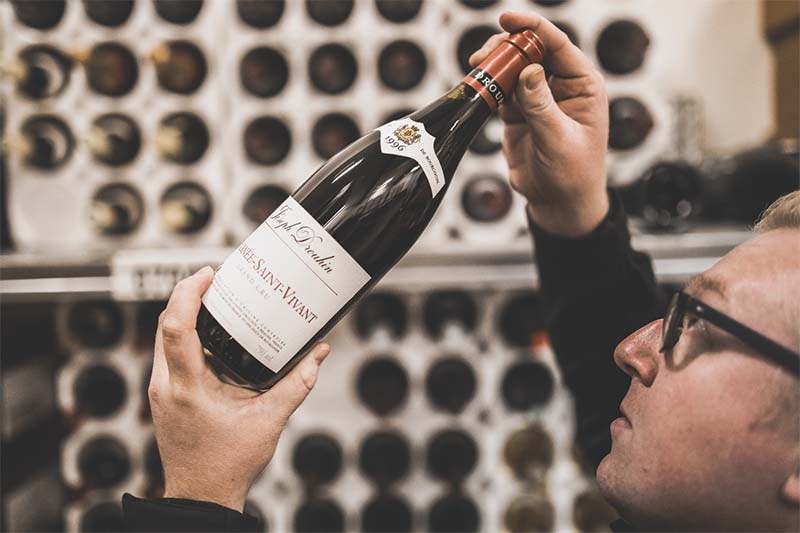
Nestled in the heart of Bordeaux, the prestigious Château Coutet stands as a beacon of winemaking tradition and history. This illustrious estate, known for its exceptional sweet wines, has a storied past that dates back centuries. The history of Château Coutet is intertwined with the evolution of the Bordeaux wine region, reflecting the cultural and economic shifts that have shaped the area over time. From its early beginnings to its current status as a revered producer of Sauternes, the journey of Château Coutet offers a fascinating glimpse into the world of fine wines and the enduring legacy of French viticulture.
Origins: The Early Days of Château Coutet
Château Coutet, a storied estate in the Bordeaux region, boasts a rich history that dates back to the 13th century. Originally, the property served as a fortification, playing a crucial role in local defense. By the 14th century, it had transitioned into a wine-producing estate, leveraging the fertile lands of Barsac. This area is renowned for its unique characteristics, ideal for cultivating the Sémillon, Sauvignon Blanc, and Muscadelle grapes that define Coutet’s esteemed sweet wines.
The estate's strategic location contributed significantly to its early success, facilitating trade and commerce.
Ownership by the Lur-Saluces family, also proprietors of the famed Château d'Yquem, further enhanced its reputation and viticultural expertise.
Historical documents highlight that by the 1700s, Château Coutet was already recognized for producing high-quality wines, which were sought after by European nobility.
These foundational years set the stage for Château Coutet's enduring legacy in the world of fine wine, combining strategic foresight with exceptional winemaking prowess.
The Evolution of Winemaking at Château Coutet
Château Coutet, a storied estate in the Barsac region of Bordeaux, France, has a rich history of winemaking that dates back over four centuries. Initially established in the 1600s, the estate was originally part of the English crown's holdings. Over the years, it has seen numerous changes in ownership and winemaking techniques, each contributing uniquely to its development.
The evolution of winemaking at this prestigious vineyard is marked by a commitment to maintaining traditional methods while incorporating modern innovations. For instance, the introduction of stainless steel vats in the 20th century allowed for better temperature control during fermentation, enhancing the flavor profiles of their wines. Additionally, Château Coutet is renowned for its dedication to organic farming practices, ensuring that every bottle produced is not only exquisite but also environmentally friendly.
Visitors to the estate can delve into the intricate process of enjoying these fine wines. The experience includes exploring the ancient cellars, walking through the lush vineyards, and, of course, tasting the various vintages that have been carefully crafted over the decades. Each of these elements plays a crucial role in understanding the evolution and enduring legacy of Château Coutet's winemaking.
Historical Figures Associated with Château Coutet
Château Coutet, a storied estate in the Barsac region of Bordeaux, France, has been associated with several notable historical figures that have shaped its legacy. One prominent figure is Charles Le Guérin, who owned the estate in the 18th century. He was known for his innovative viticulture techniques, which significantly improved the quality of the vineyard's sweet wines.
During the French Revolution, the property was seized by the state and later sold to the Lur-Saluces family, a name synonymous with another prestigious sweet wine estate, Château d'Yquem. This connection brought additional viticultural knowledge and prestige to Château Coutet.
In the 19th century, the estate caught the attention of Thomas Jefferson, then U.S. Ambassador to France, who was an avid wine enthusiast. Jefferson praised the wines of Coutet, noting their exceptional quality in his correspondences, which helped to boost their reputation internationally.
Today, the Baly family, who took ownership in 1977, continues to uphold the estate's esteemed heritage, ensuring that the methods and traditions of the past are preserved. For those interested in maintaining the quality of these historic wines, proper storage is crucial. Learn more about how to store Château Coutet to preserve its unique character and history.
The Impact of World Wars on Production
The impact of the world wars profoundly influenced many aspects of life, including the production of wine at Château Coutet. During World War I, the vineyard faced significant challenges as many workers were drafted into the military, leading to a shortage of labor. This reduction in workforce caused a decrease in wine production and hindered the vineyard's ability to maintain its crops effectively.
World War II brought similar disruptions. The occupation of France by German forces placed additional strain on the wine industry. Resources were scarce, and the occupying forces requisitioned a substantial portion of the production, leaving little for the owners and local consumers. Moreover, the risk of damage to the vineyards from the conflict was a constant threat that could have led to long-term consequences for the vineyard's output and quality.
Despite these challenges, Château Coutet managed to produce several popular vintages that are highly valued today. The resilience of the vineyard is evident in its recovery and success post-war, highlighting the enduring spirit and quality of its wines. These vintages serve as a testament to the vineyard's ability to overcome adversity and continue producing exceptional wines.
Restoration and Preservation Efforts
The restoration and preservation efforts at Château Coutet have been pivotal in maintaining its historical integrity and enhancing its appeal as a premier wine destination. These initiatives ensure that the château, along with its rich heritage, remains intact for future generations. A significant part of the preservation process involves the meticulous care of the vineyards and the ancient buildings. Experts in architecture and viticulture work collaboratively to restore the property, adhering closely to traditional methods while incorporating modern techniques where beneficial.
Vineyard Revitalization: The vineyards are regularly rejuvenated with sustainable practices to protect the ecosystem and improve the quality of the grapes.
Architectural Integrity: Efforts to maintain the original structure of the buildings are prioritized, using materials and methods that are true to the château’s historical era.
Public Engagement: By opening the château for tours and wine tastings, there is an increased public interest and investment in its preservation.
Educational Programs: These are designed to teach visitors about the château’s history and the importance of preservation efforts.
These combined efforts not only preserve the physical and cultural heritage of Château Coutet but also enhance the visitor experience, making it an ideal location to explore food pairings that complement its wines.
The Transition to Organic Winemaking
The transition to organic winemaking at Château Coutet marks a significant chapter in its storied history. This shift began in earnest in 2010, when the estate committed to fully embracing organic practices. The decision was driven by a desire to enhance the quality of their wines and to serve their clientele more responsibly. By avoiding synthetic pesticides and fertilizers, Château Coutet aimed to better express the natural terroir of the Barsac region, which is renowned for its sweet wines.
Preservation of Ecosystem: Organic winemaking helps in maintaining the health of the vineyard ecosystem, promoting biodiversity and soil vitality.
Enhanced Wine Quality: Many believe that organic practices contribute to a clearer expression of the grape's characteristics and a purer flavor profile.
Consumer Health: Reducing chemical inputs means fewer residues in the final product, appealing to health-conscious consumers.
Sustainability: Organic vineyards often see improved sustainability, with practices that reduce carbon footprint and environmental impact.
This holistic approach not only aligns with modern sustainable practices but also honors the rich heritage of Château Coutet, ensuring its legacy for future generations.
Archival Records and Their Stories
Archival records from Château Coutet reveal a rich tapestry of history, deeply intertwined with exceptional craftsmanship. These documents, dating back several centuries, provide a detailed account of the winemaking techniques and innovations that have been passed down through generations. Each record is a testament to the meticulous care and expertise employed in the vineyard and beyond.
17th Century: Early documents highlight the introduction of unique grape cultivation methods, setting the foundation for the distinct Coutet wine flavor.
18th Century: Records from this era show the implementation of advanced barrel-making techniques which significantly enhanced the aging process.
19th Century: Detailed accounts of vineyard expansions and the adoption of early sustainable practices are evident, showcasing a forward-thinking approach in viticulture.
20th Century: Mid-century archives illustrate the shift towards modernization, with the introduction of technology that improved both the efficiency and quality of wine production.
Each piece of archival evidence not only sheds light on the evolving practices at Château Coutet but also underscores the enduring legacy of quality and care that defines its wines.
The Role of Château Coutet in Local Traditions
Château Coutet, a storied estate in the Barsac region of Bordeaux, France, has deeply influenced local traditions through its distinctive taste. This influence is evident in several aspects of the area's cultural and social practices.
Wine Festivals: The estate's renowned sweet wines play a central role in local wine festivals. These events often feature tastings that highlight the unique characteristics of Château Coutet's offerings, drawing visitors from around the globe.
Culinary Pairings: Local cuisine has evolved to complement the flavors of Château Coutet's wines. Restaurants and home cooks alike create dishes specifically designed to enhance the wine's complex profile, such as foie gras and blue cheese.
Agricultural Practices: The methods developed at the estate for cultivating Sémillon, Sauvignon Blanc, and Muscadelle grapes have been adopted by nearby vineyards, promoting a high standard of viticulture throughout the region.
Art and Literature: Inspired by the lush landscapes and exquisite wines of Château Coutet, many local artists and writers have captured the essence of the estate in their works, further embedding it into the cultural fabric of the area.
Ownership Changes Through the Centuries
Ownership of Château Coutet has shifted dramatically over the centuries, reflecting broader historical and socio-economic changes in the region. Initially, the estate was a stronghold for the English during the Hundred Years' War. By the 14th century, it had become a recognized wine-producing estate, with vines likely planted by the Romans.
In the 1600s, the property was acquired by the Lur-Saluces family, a name famously associated with another prestigious Bordeaux estate, Château d'Yquem. This period marked significant advancements in viticulture and winemaking techniques at Château Coutet. The Lur-Saluces' stewardship lasted until the French Revolution, after which the estate saw a series of ownership changes.
The 19th century brought industrial progress and with it, new owners who modernized the winemaking facilities. However, it wasn't until the Baly family took over in 1977 that Château Coutet regained its former glory. They implemented organic farming methods and restored the château's reputation as a producer of top-quality Barsac wines. For more detailed facts, exploring the estate's rich history offers a deeper appreciation of its current standing in the wine world.
Château Coutet in Modern Times
Château Coutet, a storied estate in the Barsac region of Bordeaux, France, has seen significant evolution in modern times. Known for its premier sweet wines, the château has embraced both tradition and innovation to maintain its prestigious reputation.
Adoption of Organic Practices: In recent years, Château Coutet has shifted towards organic viticulture, a move aimed at enhancing soil health and grape quality. This transition reflects a broader trend in the wine industry towards sustainable practices.
Technological Advancements: The introduction of modern winemaking technology has enabled more precise control over fermentation processes. Temperature-controlled vats and advanced filtration systems ensure that each vintage meets high standards of clarity and flavor.
Global Recognition: The estate's wines continue to receive accolades at international competitions, reinforcing its status as a top producer of sweet white wines. Such recognition has helped expand its market, reaching wine enthusiasts worldwide.
Preservation Efforts: Efforts to preserve the historical architecture of Château Coutet have been paramount. The preservation of its 18th-century buildings adds to the charm and authenticity of the estate, attracting tourists and historians alike.
These initiatives highlight Château Coutet's commitment to excellence and its adaptive strategies in the face of changing global wine trends.
Conclusion
In conclusion, the rich history of Château Coutet is a testament to the enduring legacy and prestige of French winemaking. As one of the oldest Sauternes producing vineyards in the Bordeaux region, Château Coutet boasts a unique terroir and a long-standing tradition of quality that has been cherished by wine enthusiasts for centuries. The estate's commitment to sustainable viticulture and its ability to produce wines with exceptional longevity and complexity make it a standout in the world of fine wines.
For collectors and connoisseurs looking to invest in Château Coutet's exquisite offerings, Rekolt provides an ideal platform. Not only do we offer a diverse selection of these prestigious wines, but our specialized services like professional cellar storage ensure that your investment is preserved under optimal conditions until you decide to enjoy it or place it back on the market. This seamless integration of luxury wine purchasing and expert storage solutions underscores our dedication to enhancing the wine collecting experience, making Rekolt the perfect partner for both new enthusiasts and seasoned collectors alike. Whether you're looking to delve into the storied past of Château Coutet or explore the broader tapestry of fine wines, Rekolt is here to guide you through every step of your wine journey.
Share this article
